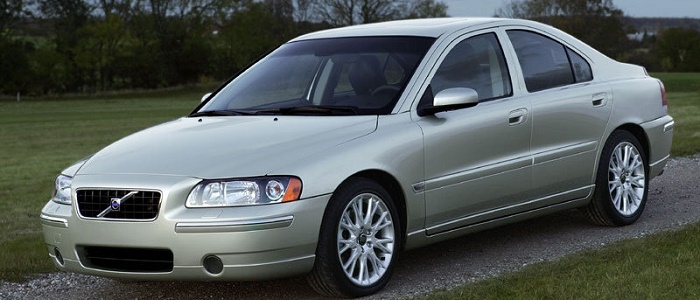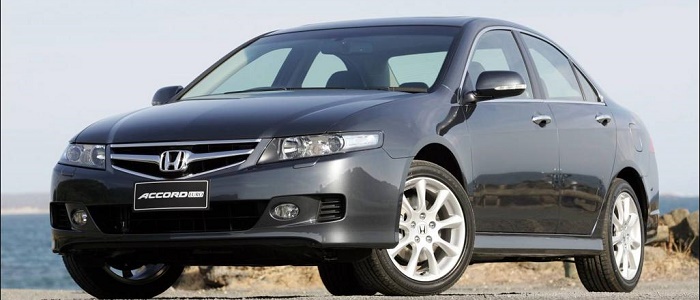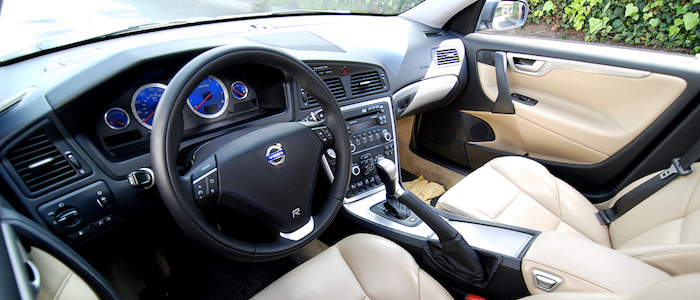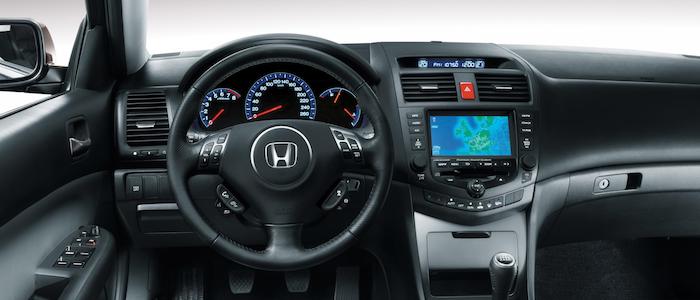Compare two cars
Compare any two cars and get our Virtual Adviser™ opinion
Marketing
Dimensons & Outlines
Engine
Performance (manual gearbox)
Performance (automatic gearbox)
Expenses
Virtual Adviser's™ opinion
Two significantly similar cars, no doubt about that. Still, each one has something different to offer. Having both cars powered by petrol engines and utilizing the 4-door sedan body style within the same 'Large family car' segment, the only major difference here really is their wheel drive configuration (4 x 4 for the Volvo and front in the case of the Honda). The first one has a Volvo-engineered powertrain under the hood, a 5-cylinder, 20-valves 300hp unit, while the other one gets its power and torque from a 4-cylinder, 16-valves 190hp engine designed by Honda.
SafetyBoth vehicles got tested by European New Car Assessment Programme (Euro NCAP), with the same number of safety stars gained in the process. Moving further on, let's take a closer look at some additional safety-related facts. Both vehicles belong to the large family car segment, which is generally a good thing safety-wise, but that fact doesn't break the tie between the two cars. Furthermore, when it comes to weight, a factor that most people underestimate, the Swedish car offers a considerable difference of 16% more metal.
ReliabilityI don't like generalizing things when it comes to reliability, although it does seem that Honda as a brand displays somewhat better results, at least on all of the models level. These are the official statistics, while our visitors describe reliability of Volvo with an average rating of 4.6, and models under the Honda badge with 4.7 out of 5. Some independent research have also placed S60 as average reliability-wise, and Accord is more or less at the same level.That apart, owners of different cars powered by the same engine as the Swedish car rank it on average as 3.0, while the one under the competitor's bonnet gets 4.9 out of 5.
Performance & Fuel economyVolvo is undoubtly more agile, reaching 100km/h in 2.2 seconds less than its competitor. In addition to that it accelerates all the way to 250 kilometers per hour, 23km/h more than the other car. When it comes to fuel economy the winner has to be the Japanese car, averaging around 9 liters of fuel per 100 kilometers (31 mpg), in combined cycle. We can't ignore that 17% difference compared to the Swedish car.
Verdict
Honda is apparently more reliable, not too much, but just enough. The most important thing when deciding between any two vehicles should always be safety, both passive and active. In my opinion, everything taken into account, the Swedish car offers significantly better overall protection, taking the lead here. It all continues in the same direction, with Volvo being considerably quicker, thus putting more smile on driver's face. It does come at a cost though, and that's the fuel consumption... It's really tough to make a final decision here, but if I'd need to, I'd say Honda. Nevertheless, let's not forget that people have different preferences and needs, so what really counts is your personal feel. I'm only here to help. I suggest you spend two more minutes in order to find out which car, based on your needs and budget, would be picked by the virtual adviser™, among thousands of similar, yet so different vehicles.































